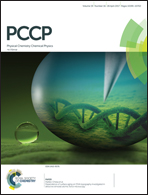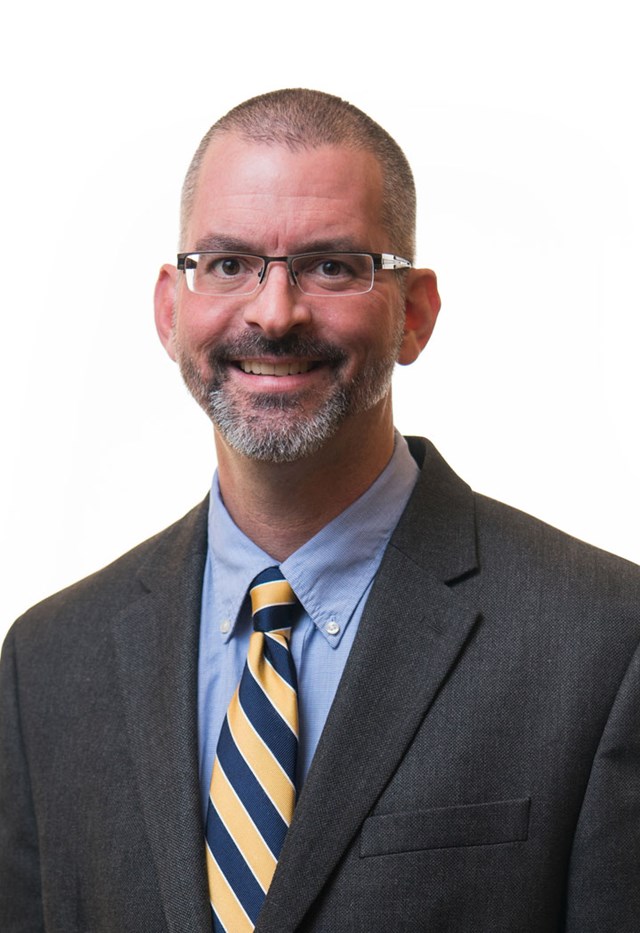![]() Less than a week after publishing a much-discussed hoax paper, a scholarly publisher has acknowledged that it had chosen reviewers for the paper whose “expertise did not fully align with this subject matter.”
Less than a week after publishing a much-discussed hoax paper, a scholarly publisher has acknowledged that it had chosen reviewers for the paper whose “expertise did not fully align with this subject matter.”
The subject matter: that the penis should not be considered an anatomical organ, but more as a concept – “a gender-performative, highly fluid social construct.” Upon publication, the authors immediately admitted the paper was a prank, arguing that its publication illustrates a lack of intellectual and scientific rigor in some social sciences, especially gender studies. But others have questioned whether it really demonstrates that at all.
In response to the revelation of the hoax, Taylor & Francis associate editorial director Emma Greenword published a statement about the process that led to this entanglement: Continue reading Publisher blames bad choice of reviewer for publication of hoax paper on penis as “social construct”
 The authors of a popular — and heavily debated — F1000Research paper proposing a method to prevent scientific misconduct have decided to retract it.
The authors of a popular — and heavily debated — F1000Research paper proposing a method to prevent scientific misconduct have decided to retract it.
 Reuters has removed a story about gender confirmation surgery, saying it included problematic data.
Reuters has removed a story about gender confirmation surgery, saying it included problematic data.
 A former University of Colorado Boulder graduate student is suing his ex-advisor for defamation after being shooed out midway through his doctoral program.
A former University of Colorado Boulder graduate student is suing his ex-advisor for defamation after being shooed out midway through his doctoral program. 


 In six weeks, new policies for handling misconduct in Denmark will go into effect, which alter the definition of misconduct and establish clear policies for who handles such allegations.
In six weeks, new policies for handling misconduct in Denmark will go into effect, which alter the definition of misconduct and establish clear policies for who handles such allegations.